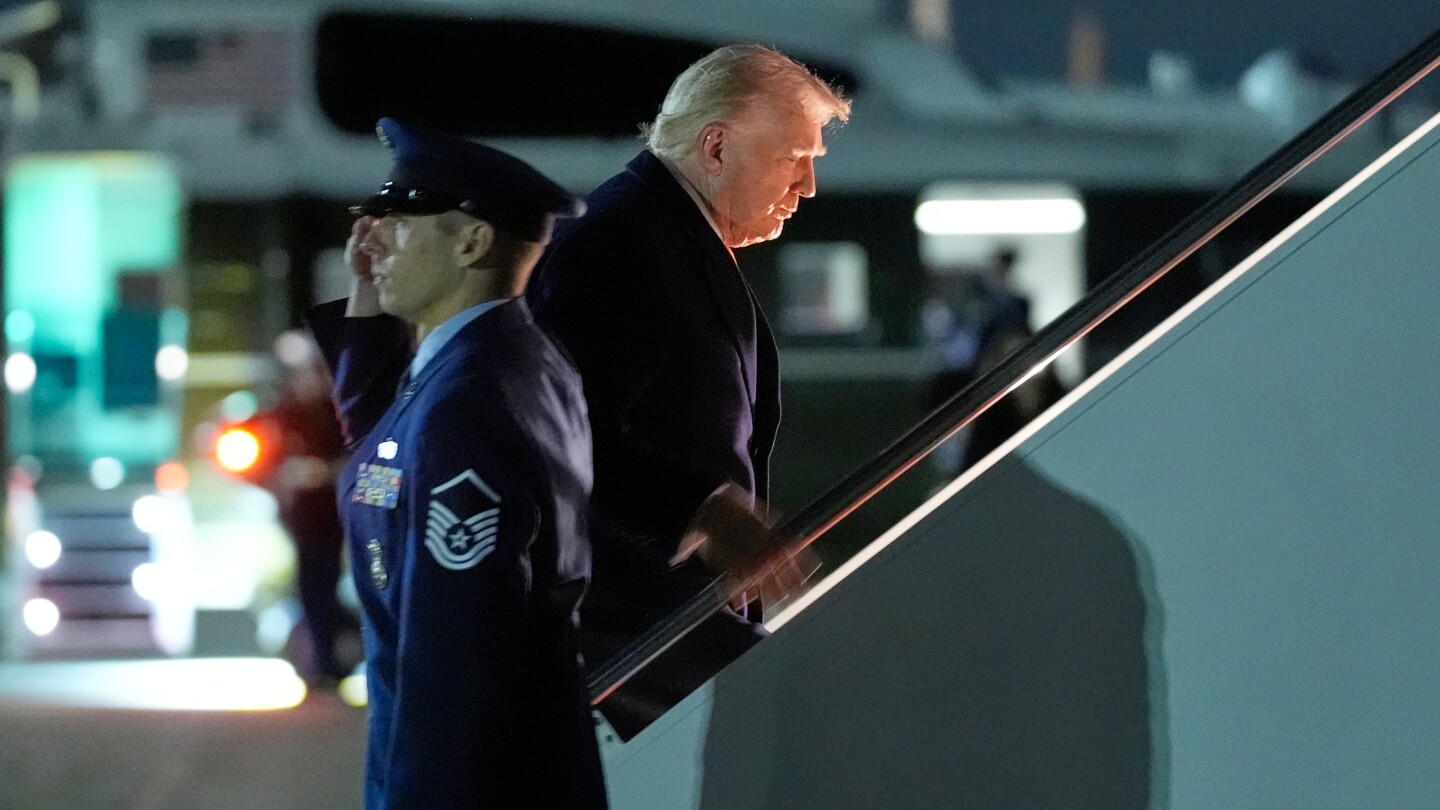Donald Trump announced Friday that he was scrapping U.S. tariffs on beef, coffee, tropical fruits and a broad swath of other commodities — a dramatic move that comes amid mounting pressure on his administration to better combat high consumer prices.
Trump has built his second term around imposing steep levies on goods imported into the U.S. in hopes of encouraging domestic production and lifting the U.S. economy. His abrupt retreat from his signature tariff policy on so many staples key to the American diet is significant, and it comes after voters in off-year elections this month cited economic concerns as their top issue, resulting in big wins for Democrats in Virginia, New Jersey and other key races around the country.



To be fair to corrupt corporations, they already bought the beef and coffee at tariffed prices, so they have to sell that stuff before the prices can go down. Unless they get a refund (not gonna happen), that’s the way things work.
We’re number 4 for beef exports… Why are we importing it back?!?
Short Answer: Markets are complicated and full of hundreds of thousands of moving parts. For a very simple example related to beef - we could consider the import of Waygu beef since that’s a commodity you can’t make in the USA.
Obviously, there’s plenty of other beef products we import. Anyways yeah usually a country is exporting and importing the same stuff in some quantities when it comes to things like beef or pork or simple mechanical widgets or whatever. Just stuff that because of the quirks of supply and demand and logistics makes it so widgets are exported for sale and also sold domestically.